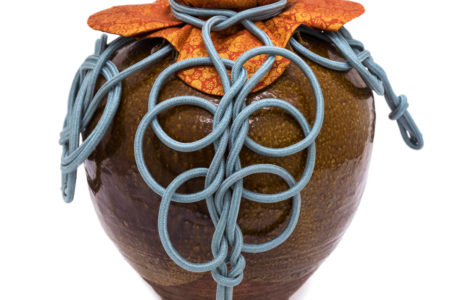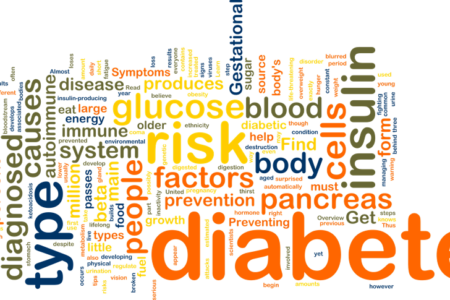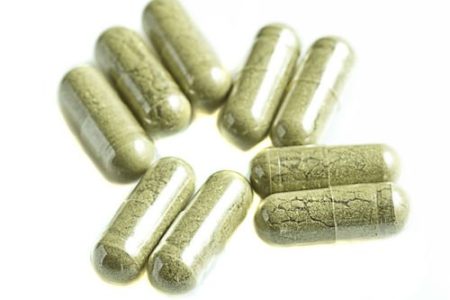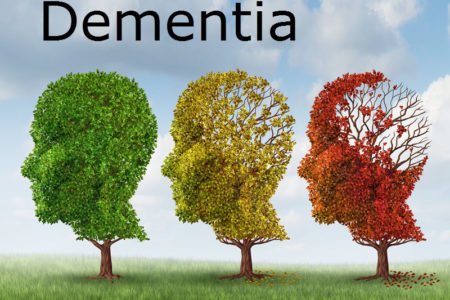Stephenie Overman
Celebrating a Tea Party Artifact in Boston
Celebrate tea history and the American colonists’ protest against British rule at the Boston Tea Party Ships & Museum.
Weighing the Promises of Tea’s Weight-Loss Benefits
Although there’s certainly some evidence, and lots of hype, that the catechins and/or epigallocatechin gallate (EGCG) in green tea promotes better weight management, the number of human studies in this field is still quite limited.
Being a Moderate Tea Drinker May Have Heart Benefits
Being a moderate tea drinker may help you fight the progression of coronary artery calcium and reduce your risk of incidents that cause damage to the heart muscle.
Caffeine May Lower Older Women’s Risk of Dementia
New research indicates that drinking many cups of tea a day can reduce the onset of dementia and Alzheimer’s in older women.
Chigusa: Ancient Japanese Diaries as an Art of Tea
Particularly fine items used in these Japanese tea rituals were designated as meibutsu, or revered objects, by the tea men. Chigusa is a meibutsu tea jar and one of the most famous of several hundred antique ceramic storages jars still in existence.
A Cuppa Day for Better Heart Health
Even one cup of tea a day may be good for your heart’s health.
Too Hot to Handle?
If you drink your tea very hot, that may increase your risk of cancer, according to a World Health Organization research agency.
Green Tea Promising for Treating Adult Acne
Decaffeinated green tea extract (GTE) shows some promise in treating adult women with acne.
If Drinking Tea While Pregnant or Breastfeeding, Moderation Is the Word
The risk from caffeine to humans during pregnancy is low but present.
Can Tea Lower Your Risk of Diabetes?
The benefits of tea may be due to its influence on the digestion of glucose (blood sugar), the ADA noted, or because of tea’s high polyphenol content.
Green Tea Extract on Consumer Reports’ List of Potentially Harmful Supplements
Consumer Reports’ writes that the risks of GTE include: “Dizziness, ringing in the ears, reduced absorption of iron; exacerbates anemia and glaucoma; elevated blood pressure and heart rate; liver damage; possibly death.”
Chigusa: Ancient Japanese Diaries as an Art of Tea
Particularly fine items used in tea rituals were designated as meibutsu, or revered objects, by the tea men. Chigusa is a 16th Century meibutsu tea jar and one of the most famous of several hundred antique ceramic storages jars still in existence.
Can Tea Lower Your Risk of Diabetes?
The benefits of tea may be due to its influence on the digestion of glucose (blood sugar), the ADA noted, or because of tea’s high polyphenol content.
If Drinking Tea While Pregnant or Breastfeeding, Moderation Is the Word
The risk from caffeine to humans during pregnancy is low but present.
Tea Has Lots of Chemistry
Phytochemicals, biologically active compounds found in plants, provide roughly the chemical benefit of a serving of fruit or vegetables per cup of tea.
Caffeine May Lower Older Women’s Risk of Dementia
New research indicates that drinking many cups of tea a day can reduce the onset of dementia and Alzheimer’s in older women.
Weighing the Promises of Tea’s Weight-Loss Benefits
Although there’s certainly some evidence, and lots of hype, that the catechins and/or epigallocatechin gallate (EGCG) in green tea promotes better weight management, the number of human studies in this field is still quite limited.
If Drinking Tea While Pregnant or Breastfeeding, Moderation Is the Word
The risk from caffeine to humans during pregnancy is low but present.













